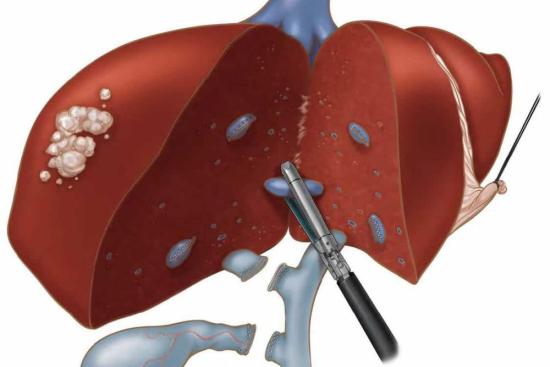Persistent fatigue, abdominal pain, digestive disorders, or jaundice? These signs may indicate serious liver conditions, such as advanced cirrhosis, liver tumors, or other severe complications. Ignoring these symptoms can put your life at risk, as a diseased liver can no longer perform its vital functions.
In such cases, hepatectomy in Turkey offers an effective solution. This surgical procedure removes the diseased part of the liver, restores its function, and helps prevent the progression of complications.
Cost of a hepatectomy in Turkey
The cost of a hepatectomy in Turkey varies based on the complexity of the procedure and the patient's overall health condition.
On average, prices range between $6,950 and $13,000, making Turkey a cost-effective option for high-quality liver surgery.







